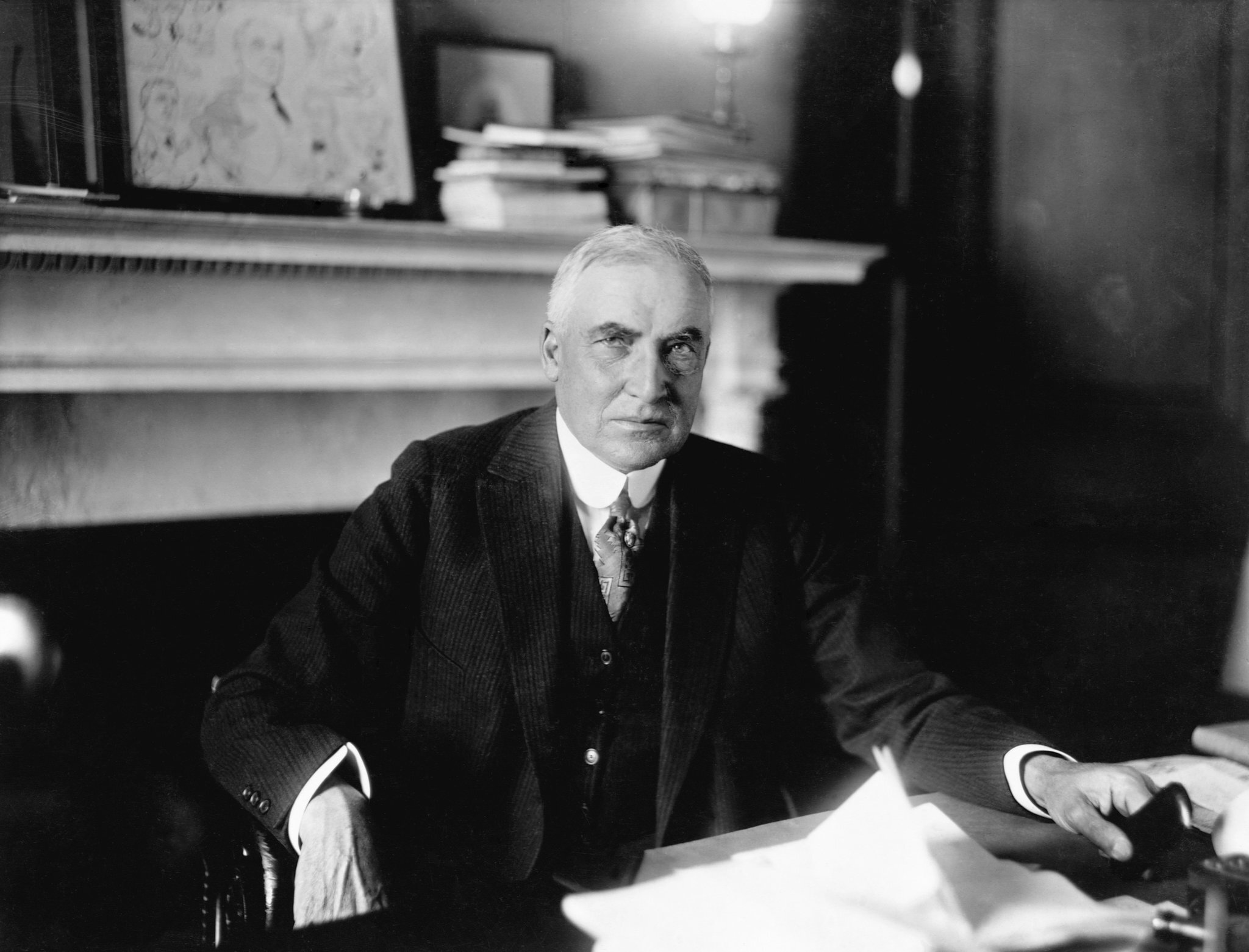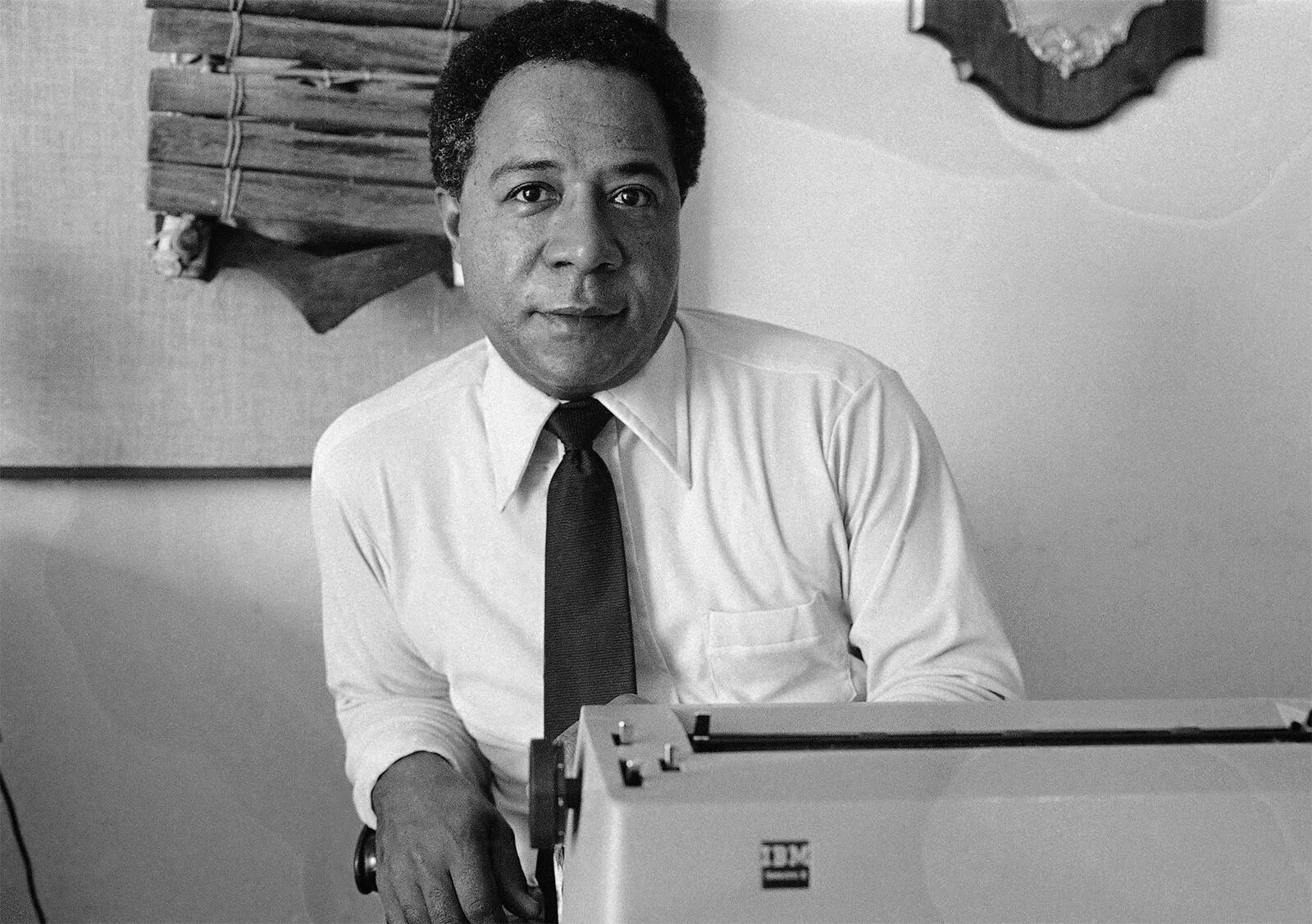
Ever wondered about the man behind the presidency that often flies under the radar in history class? Warren G. Harding might just be one of the most intriguing figures you've yet to fully appreciate. Known for his charismatic personality and controversial tenure, Harding's story is filled with unexpected twists and turns. From his love of poker to his mysterious death, the 29th president of the United States is a goldmine of fascinating facts. Why does he remain such an enigma in American history? Well, buckle up, because we're about to dive into the 15 best Warren G. Harding fun facts that will definitely give you something to talk about at your next trivia night. Ready to get your history buff on? Let's get started!
Key Takeaways:
- Warren G Harding, the 29th President of the United States, had a humble upbringing that shaped his values and political career, from his family's influence to his success as a newspaper publisher.
- Despite his presidency being marred by scandals, Harding's administration saw moments of progress and innovation, including his advocacy for racial equality and the establishment of the Bureau of the Budget.
Early Life of Warren G Harding
Warren G Harding, born on November 2, 1865, in Blooming Grove, Ohio, had a humble beginning that shaped his character and political views. Harding was the eldest of eight children, growing up in a small farming community. His upbringing instilled in him values of hard work and the importance of community, which would later influence his political career.
-
Harding's parents were doctors, which was unusual for the time, providing him with a stable and educated upbringing.
-
Before venturing into politics, Harding was a successful newspaper publisher, which honed his communication skills and public presence.
Harding's Political Rise
Harding's political journey was marked by rapid ascents, culminating in his presidency. His charm, affability, and ability to connect with the common man played significant roles in his political success.
-
He served as a Ohio State Senator from 1899 to 1903, where he gained a reputation for being a pragmatic and effective legislator.
-
Harding's tenure as the 28th President of the United States began in 1921, following a landslide victory that underscored his popularity.
Unique Aspects of Harding's Presidency
Harding's presidency, though short-lived, was notable for several reasons. His administration was a mix of progressive ideas and conservative values, aiming to bring the nation back to "normalcy" after the tumultuous World War I years.
-
Harding was the first president to speak on the radio, recognizing the power of emerging technologies to communicate with the American public.
-
He advocated for the first child welfare program, showing his progressive side and concern for American families.
-
Despite his efforts to promote peace and stability, Harding's presidency was marred by scandals, most notably the Teapot Dome scandal, which damaged his reputation.
Harding's Personal Life and Legacy
Harding's personal life and the legacy he left behind are as intriguing as his political career. His sudden death in 1923 led to a flurry of speculations and investigations, adding a layer of mystery to his tenure.
-
Harding was known for his love of poker and often hosted games in the White House, showcasing his more relaxed and personable side.
-
He was the first president to own a radio, again highlighting his interest in new technology and media.
-
Harding's sudden death from a heart attack in 1923 sparked rumors and conspiracy theories, some of which persist to this day.
-
Despite the controversies, Harding's efforts towards world peace, including the Washington Naval Conference, are often cited as key achievements of his administration.
Harding's Impact on American Politics
Warren G Harding's impact on American politics is a topic of debate among historians. While his presidency had its share of controversies, it also had moments of progress and innovation.
-
Harding's "Return to Normalcy" campaign resonated with many Americans, longing for stability after World War I, and remains a significant slogan in political history.
-
His administration saw the establishment of the Bureau of the Budget, now known as the Office of Management and Budget, which aimed to streamline government spending and efficiency.
-
Harding's push for racial equality was ahead of his time, advocating for anti-lynching laws and speaking out against segregation and discrimination.
-
Despite his presidency being overshadowed by scandals, Harding's contributions to American politics, such as his emphasis on technology, welfare, and efficiency, continue to be recognized and appreciated.
A Final Peek at Harding's Legacy
Warren G. Harding's presidency, though marred by scandal, was also a time of significant change and progress in the United States. From his efforts to stabilize the post-World War I economy to his advocacy for civil rights, Harding's impact is undeniable. His tenure reminds us of the complexities of leadership and the importance of integrity in public service. Harding's legacy, with its mix of achievements and controversies, offers a fascinating glimpse into a pivotal era in American history. As we reflect on his contributions and missteps, we gain a deeper understanding of the challenges and responsibilities that come with governance. Harding's story, filled with intriguing facts and lessons, continues to captivate and educate, proving that history always has more to reveal.
Frequently Asked Questions
Was this page helpful?
Our commitment to delivering trustworthy and engaging content is at the heart of what we do. Each fact on our site is contributed by real users like you, bringing a wealth of diverse insights and information. To ensure the highest standards of accuracy and reliability, our dedicated editors meticulously review each submission. This process guarantees that the facts we share are not only fascinating but also credible. Trust in our commitment to quality and authenticity as you explore and learn with us.


